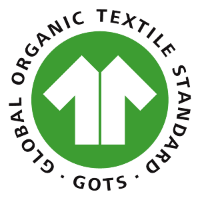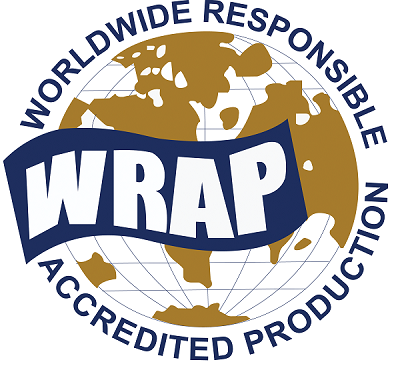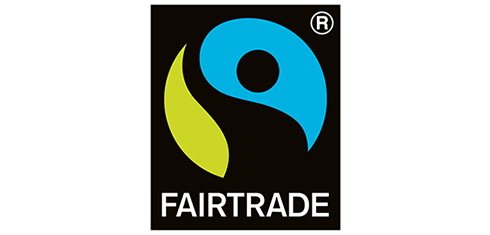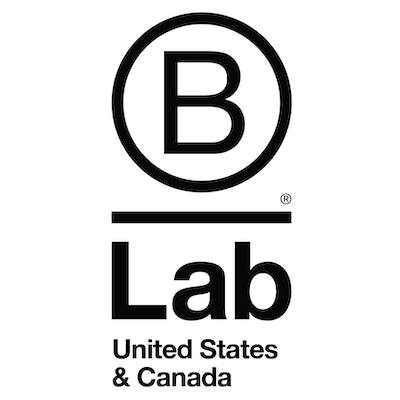It’s possible to navigate sustainable fashion certifications despite complexity and saturation.
Understanding the supply chain aspect is crucial, despite the overwhelming number of options. With careful consideration and understanding, successful navigation is possible.
Sustainable Fashion Certifications – The Top 3
Standards are important benchmarks for fashion operations, including mandatory and voluntary ones such as quality management, social responsibility, ethical practices, sustainability, and environmental management.
However, certification alone isn’t enough for sustainable fashion. Obtaining it is costly and challenging, and an accredited auditor must verify supplier performance.
The (GOTS) Global Organic Textile Standard
GOTS, the main standard for organic fiber textile processing, has established a universal standard for organic textile production through partnerships with OTN (USA), IVN (Germany), JOCA (Japan), and the Soil Association (UK).
With this collaboration, manufacturers can acquire a single certification for exporting organic fabrics and garments worldwide. The standard applies to textiles made from at least 70% certified organic natural fibers, primarily wool, cotton, and silk.

SA8000 Social Accountability International
Obtaining this certification is crucial for most factories in the apparel, manufacturing, and textile industries as it is the primary social certification.
It demonstrates their adherence to social standards set by buyers, ensuring equitable treatment of workers and compliance with labor provisions outlined in the Universal Declaration of Human Rights and the international labor organization.
Additionally, Social Accountability International (SAI) oversees this certification in 62 countries worldwide.
(WRAP) Worldwide Responsible Accredited Production
WRAP is a non-profit organization with a team of global social compliance experts committed to promoting safe, lawful, humane, and ethical manufacturing.
Unlike other organizations, WRAP certifies the factories where products are made rather than the final product.
They offer worldwide certification and education and have certified facilities in multiple countries, despite being based in Virginia, USA.

Fairtrade
The Fairtrade Foundation, based in London, UK, is an international certification working with small farmers, traders, and producers who meet strict guidelines to enhance their working conditions and prices.
Farmers must follow superior social, environmental, and economic standards to display the Fairtrade mark on their products, indicating safe and ethical production for the market.
The mark also informs others about the responsible and fair production of goods.

B Corp by B Lab
The B Corp certification is a sought-after certification that is rapidly expanding worldwide, with over 3000 brands in 70 countries seeking certification.
To obtain this certification, companies must meet superior standards of environmental responsibility, transparency, social impact, and accountability.
Additionally, B Lab has teams in various parts of the world, including New Zealand, Canada, and Europe.
